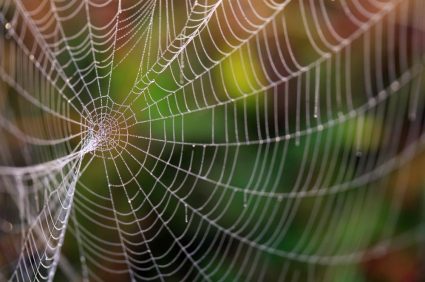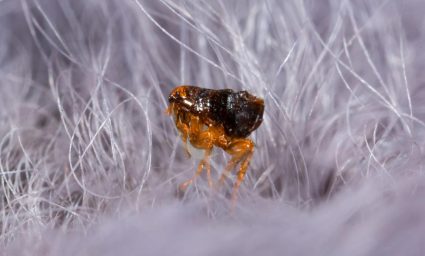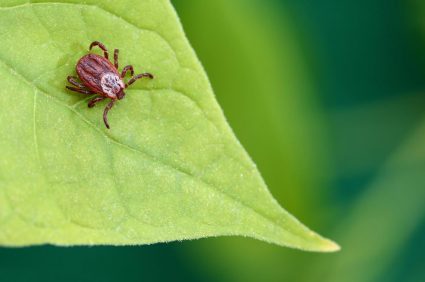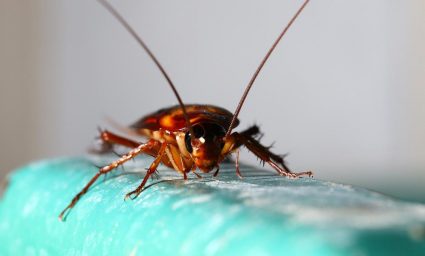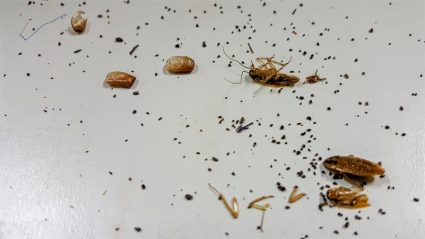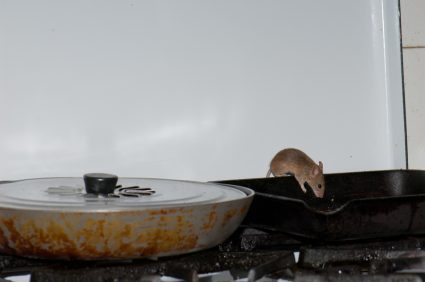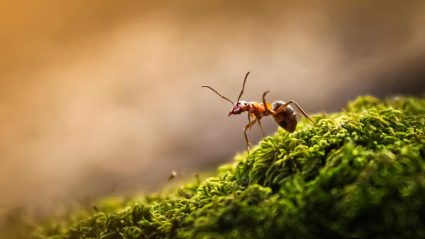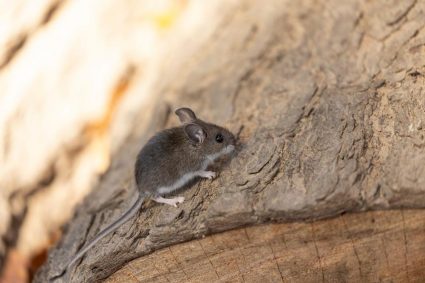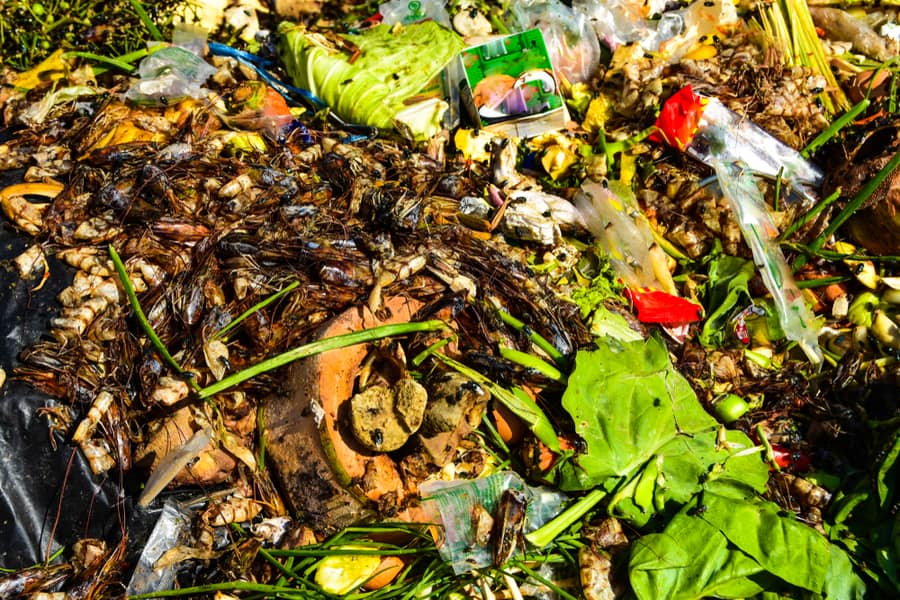
Fruit flies love a good compost pile, which is not a secret. They love to feast on the leftovers from your kitchen and will lay their eggs in the spaces surrounding the scraps of food they eat.
How would you get rid of fruit flies in your compost? This article will tell you how to get rid of these pesky bugs.
Fruit flies are very common globally. Most of their food consists of decomposing materials, such as rotting fruits and vegetables. This makes a great place for bacteria to grow, which creates smells and attracts maggots.
However, there are some things you can do to keep fruit flies from invading and laying eggs in compost. The easiest way to do this is to read this article carefully and adhere to the instructions we listed.
It is much more challenging to get rid of fruit flies after they have taken over the compost than it is to prevent the issue from occurring in the first place.
Because of this, you need to be aware of the several methods that can be used to prevent fruit flies from entering the compost.
Here are nine ways to keep fruit flies from getting into your compost:
- Put a lid on the compost.
- Make use of traps.
- Bury your greens the right way.
- Mix the ‘browns’ and ‘greens.’
- Aerate your compost properly.
- Freeze your compost.
- Make sure you wrap your scraps.
- Make use of a banana peel trap.
- Consider hot compost.
You will eliminate fruit flies from your compost if you follow the directions carefully and carry out the 9 measures mentioned.
This article will answer all your questions about eliminating fruit flies from your compost by discussing the ten highly effective methods, including some extra expert recommendations. Then, all you need to do is read attentively and implement the methods.
Why Do Fruit Flies Love Compost?
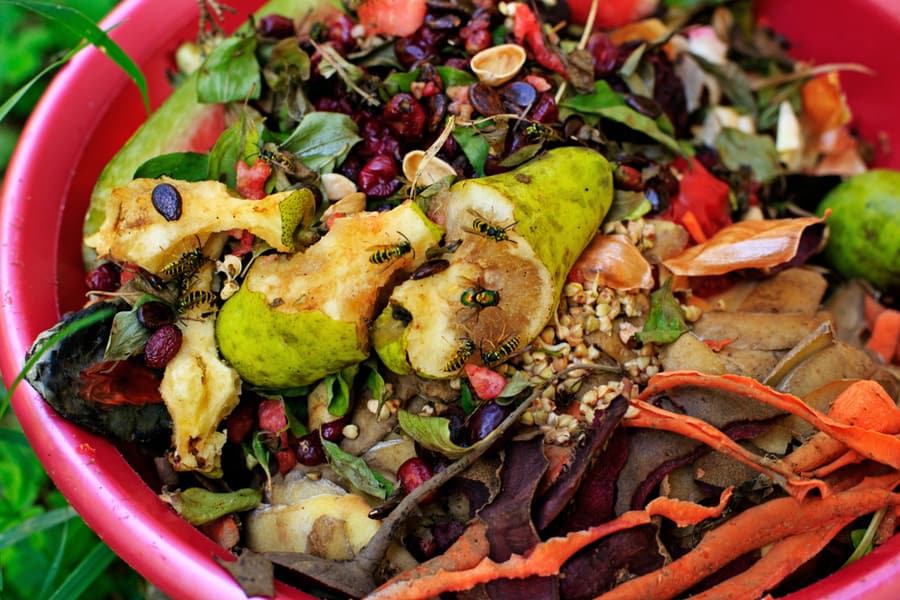
In case you don’t know, a fruit fly is a small insect between 1 and 10 inches long that can cause a lot of damage to your home.
In addition, the life expectancy of a fruit fly is only eight to fifteen days, and a female fruit fly may lay up to 2,000 eggs on any moist surface. Those eggs turn into larvae within two days, which then turn into fruit flies.
However, if you regularly eat fresh fruit and vegetables, you cannot completely avoid fruit flies in your house.
On the other hand, a fruit fly can make its way inside your home from outside, but the odds are far higher when you bring food products inside the house that already have eggs on them without even realizing it.
Fruit flies have a natural love for compost and are attracted to the fermentation process that takes place in it; as a result, this is the place where they will most likely try to lay their eggs.
9 Ways To Keep Fruit Flies Out of Compost
In the following paragraphs, we will go through the top 9 strategies you can take to keep fruit flies out of the compost.
1. Put a Lid on the Compost
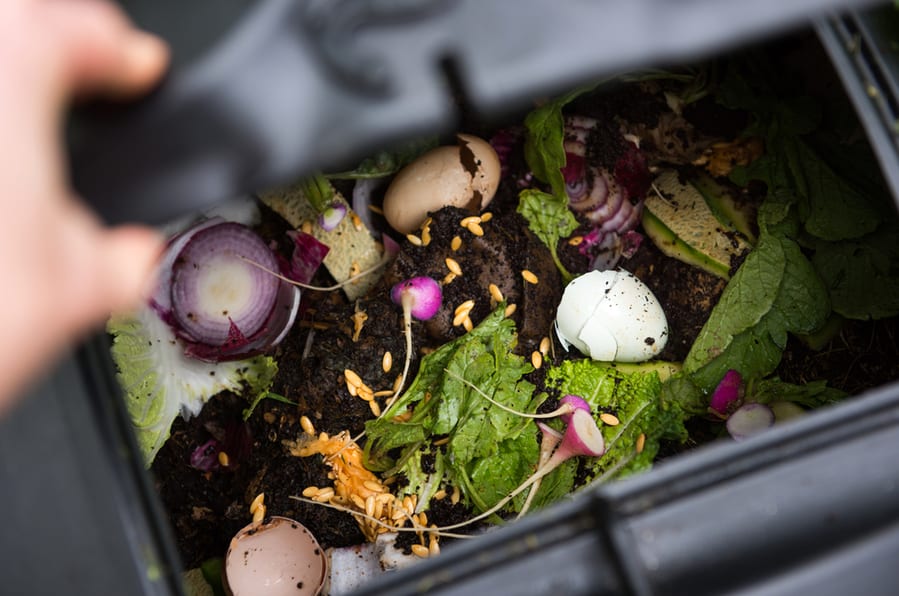
A lid is the most effective method for preventing fruit flies from entering your compost.
Nevertheless, if you want to play it safe, you should open and seal your compost bin every time you add new food scraps, despite being tempted to leave it open sometimes.
In other words, when putting on a lid, ensure that the lid of your compost bin is strong and well-fitted; this is vital for avoiding the infestation of fruit flies.
However, it also guarantees that your kitchen will not be filled with offensive aromas when you go to the backyard to empty the bin.
2. Make Use of Traps
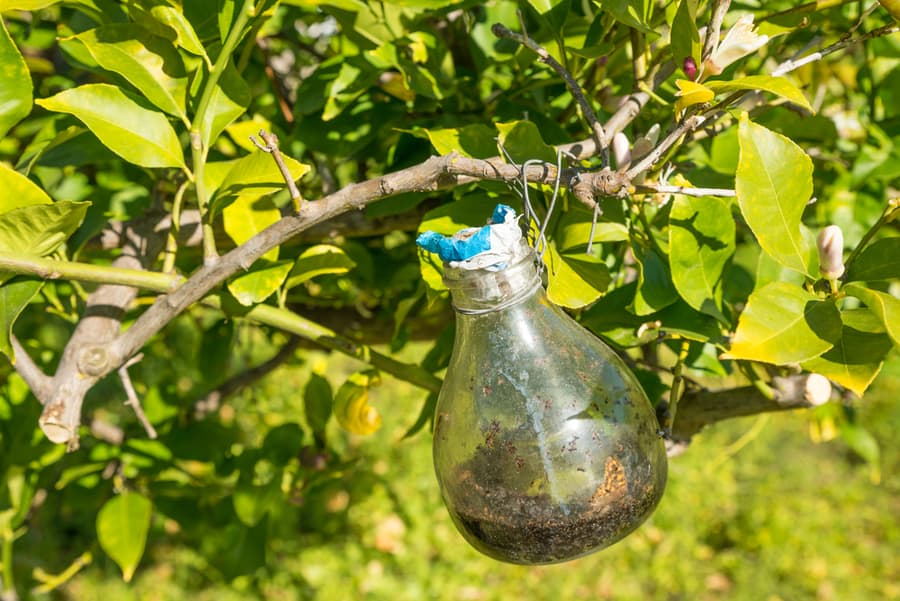
Using traps is an effective method for preventing fruit flies from entering your compost pile.
On the other hand, you will need extremely attractive bait. This way, you’ll be able to catch them using a homemade trap.
You will need a few materials to construct a handmade trap, including dish soap, apple cider vinegar, a small container, plastic wrap, and a little stick that you can use to make apertures in the trap.
The first step is adding a few drops of dish soap to an apple cider vinegar container, then sealing the container with plastic wrap that has holes punched into it. It’s as easy as that!
If you accomplish this correctly, the fruit flies will be able to squeeze through the small holes and make their way to the apple cider vinegar, where they will drown after being trapped in the liquid.
3. Bury Your Greens in the Right Way
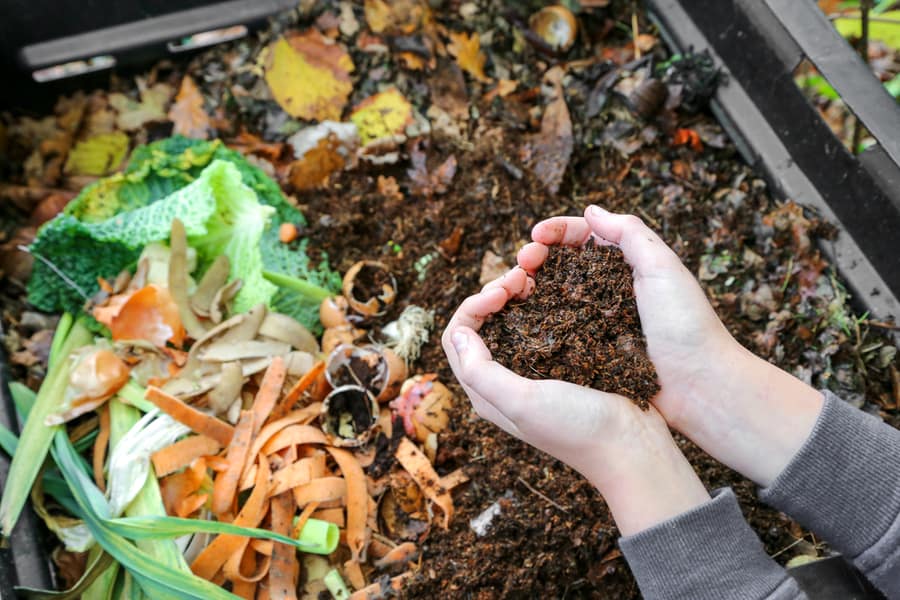
Fruit flies are drawn to compost piles when the temperature is just right and a large amount of food is available.
Their main food source is the greens in the compost, which have bits of food, fruit, or vegetables.
We suggest you bury these nitrogen-rich materials on top of brown ingredients (materials high in carbon) and then cover them with a soil layer.
Since there is an appropriate balance of nitrogen-rich materials to carbon-rich materials, the composting process will proceed as planned.
However, if the manure and the decaying vegetables are not on the top of the soil used to bury the materials for the composting process, there won’t be anything for the flies, which will keep them away.
4. Mix the Browns and Greens
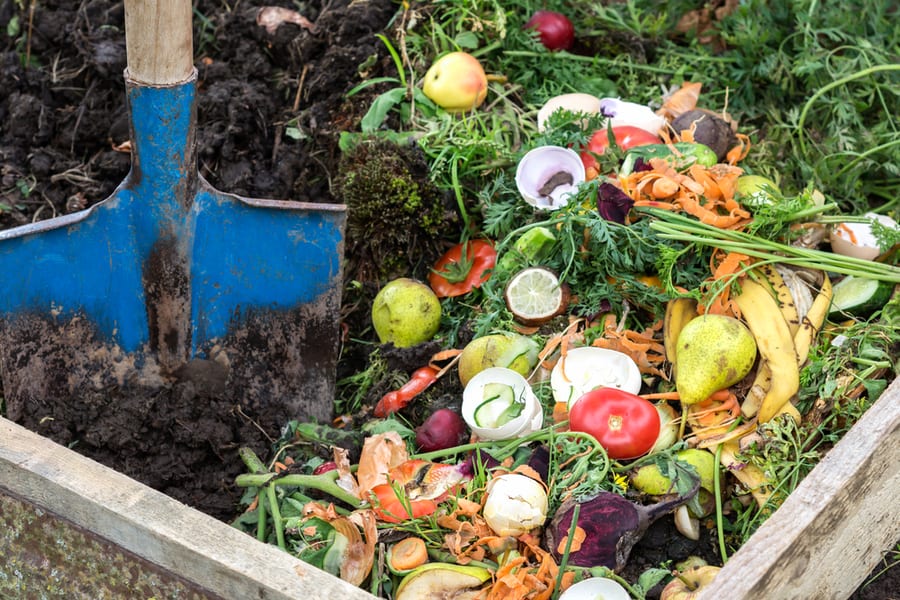
Fruit flies are drawn to your compost because it contains “greens,” another name for fruits and vegetables.
If you add and mix in some “browns,” which might be some twigs, dried leaves, or straw from your yard and other plant material similar to this, you will decrease the likelihood that fruit flies will make their way to the “greens.”
5. Aerate Your Compost Properly
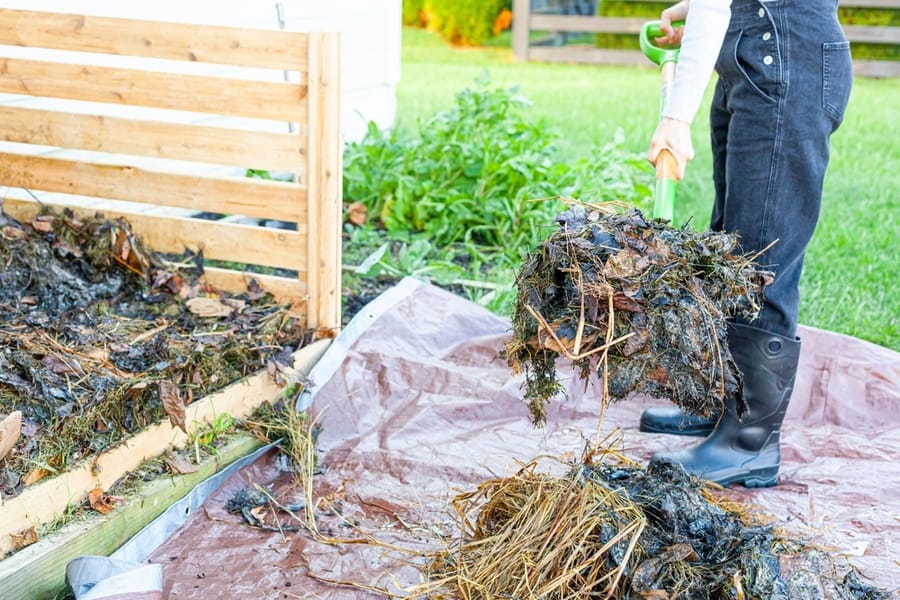
Aeration is needed to give the microorganisms that are part of the composting process the oxygen they need to turn the organic waste into Compost.
We suggest you regularly turn the compost pile to protect yourself from pests like fruit flies.
When you do this, the oxygen levels in the center of the pile increase, which in turn encourages the growth of organisms that break down the pile and, as a natural consequence, increases the temperature within the pile.
Additionally, preventing the pile from building up in the center and keeping it level will prevent the edges from becoming cooler while the center remains warmer.
A warmer center will keep the fruit flies away, especially if the greens are buried there. It will also make composting faster and help reach the temperatures needed for the more rapid breakdown that hot aerobic composting offers.
6. Freeze Your Compost
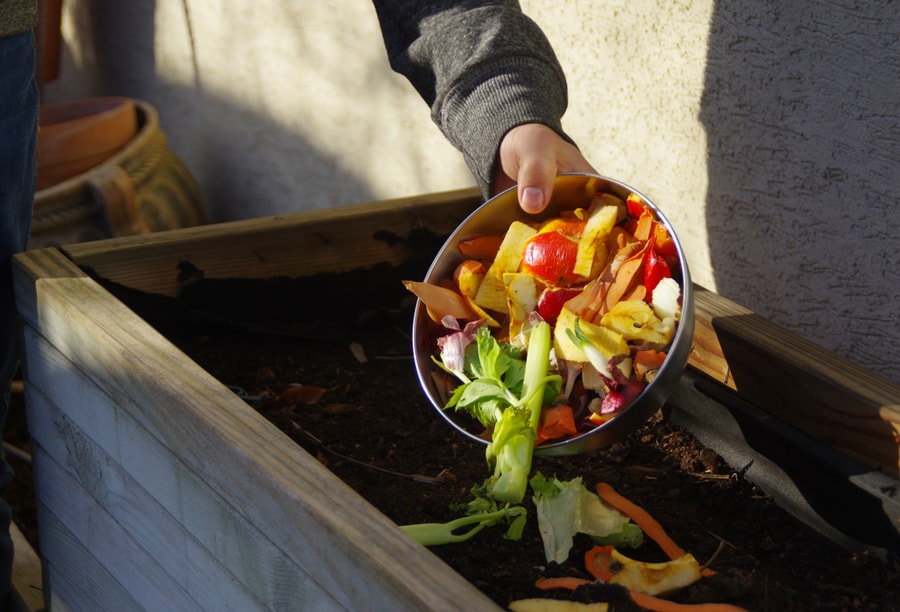
You may prevent fruit flies in your compost pile by buying a container that can be stored in the freezer rather than on the kitchen counter.
If you do this, the cold temperature will destroy any fruit-fly eggs present and keep fruit flies away from your compost.
We also recommend you boil the foodstuffs before putting them in your compost since doing so would make it less appealing to fruit flies. This will prevent them from infesting your compost.
7. Make Sure You Wrap Your Scraps
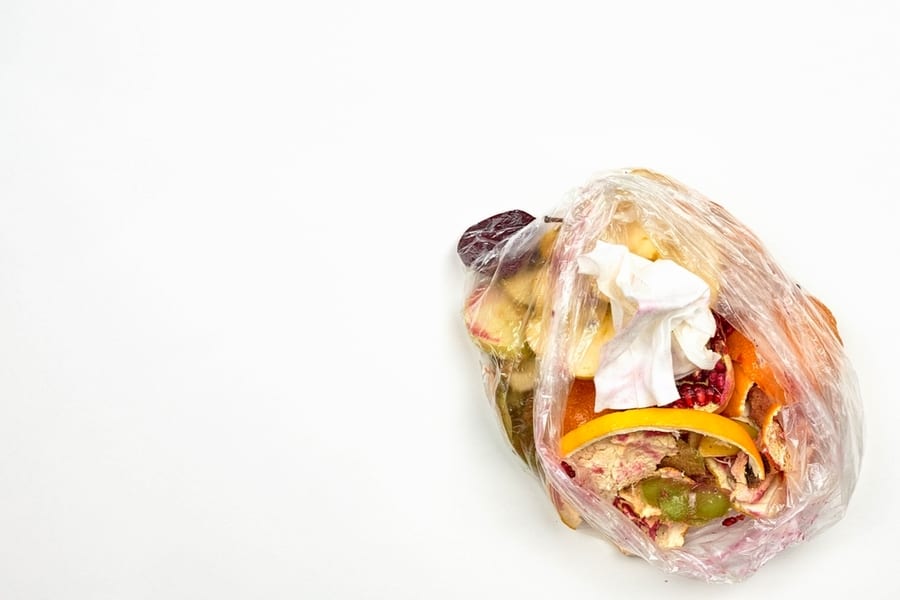
If you want to avoid attracting fruit flies to your compost pile, you can wrap any leftover food scraps in the newspaper before putting them in the bin.
As the food begins to decompose, the newspaper, considered a ‘brown’, will help it decompose more quickly and efficiently so that it may add to your compost.
Everything will decompose healthily and naturally by doing this in your compost pile.
8. Make Use of a Banana Peel Trap
You may take advantage of the fact that fruit flies are attracted to banana peels to construct a banana peel trap, which should be easy if you follow the procedures.
To make a banana peel trap, you will need a banana peel, a transparent plastic container, and a toothpick.
After you have gathered all of these items, you should put a banana peel in a container made of transparent plastic, use a toothpick to poke four to five holes in the container, and put the container next to your fruit bowl or compost bin.
In between twenty-four and thirty-two hours, ninety-nine percent of the fruit flies should have entered the container.
9. Consider a Hot Compost
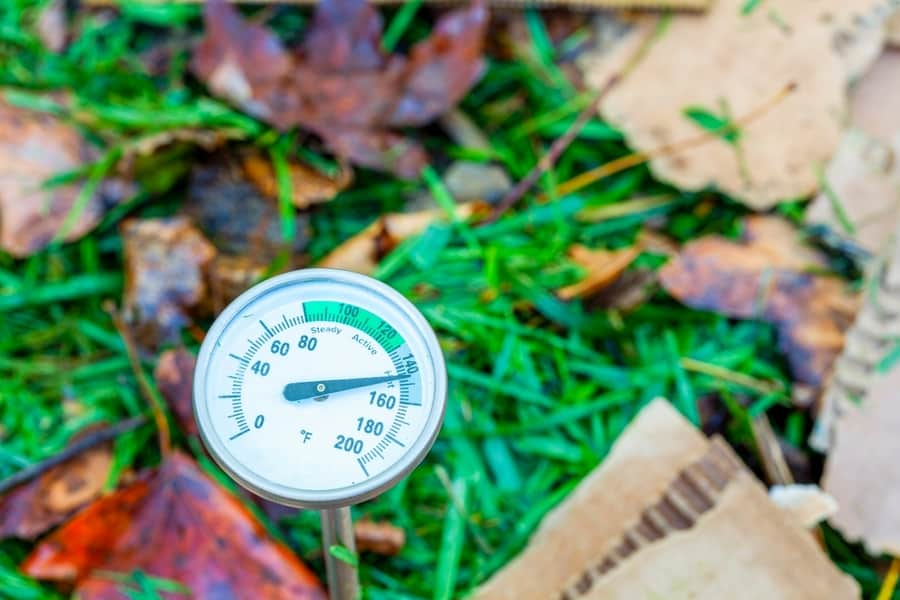
If the compost pile temperature is high enough, the larval stage of fruit flies will not be able to survive in any part of the pile other than the areas that are farthest from the center.
The temperature range of 130 to 145 degrees Fahrenheit is ideal for microbial activity in a hot compost.
When subjected to such a temperature, the microorganisms can decompose organic waste and reproduce at very high rates.
The high temperature eliminates the compost’s fruit flies, most weeds, and dangerous germs.
If you keep the compost in a heated setting, it will be ready in approximately three weeks. However, the exact time it takes may vary depending on other environmental factors.
For that period, fruit flies will avoid the composting pile since they cannot tolerate temperatures in the heated range.
Summary
Composting can be very rewarding, and you don’t want flies buzzing around.
Therefore, there are many different ways to keep flies away, but we suggest you give the nine methods we detailed in this article a go. If you follow the steps correctly, they should be successful.
Also, as we discussed earlier, if you turn your compost piles, you will ensure that all of the compost is mixed and keep fruit flies away.
Furthermore, make sure you use the right kind of compost. Some compost piles should be wet, while others ought to be dry. However, dry ones slow down the rate of decomposition.
There are different ways to make compost that will keep fruit flies away. The best thing you can do is make sure your compost pile has the right amount of moisture, use the suggestions provided in this article, and see the magic!
Frequently Asked Questions
Why Are There So Many Fruit Flies in My Compost?
When there is excessive moisture in the compost, there is a greater chance that fruit flies will be drawn to the decaying matter. If this is the case, we recommend you increase the browns in the compost by using things like shredded leaves, cardboard, or newspaper.
Is It Normal To Have a Lot of Flies in Compost?
People often complain about the presence of gnats and flies in and around their compost. You should be aware that this is a normal occurrence and that these tiny flies, together with the various microorganisms, ants, worms, and bacteria present in the compost, help break down the organic material.

